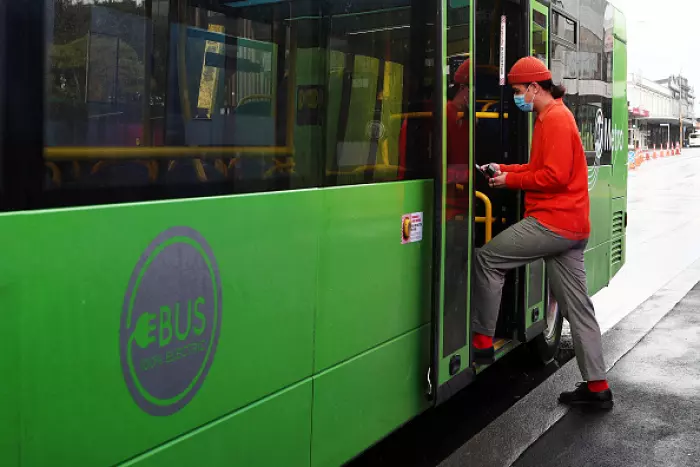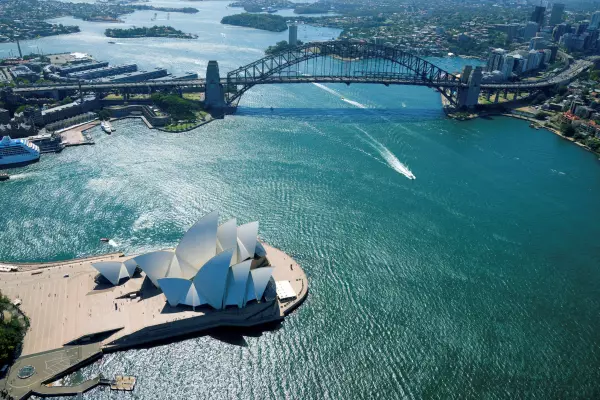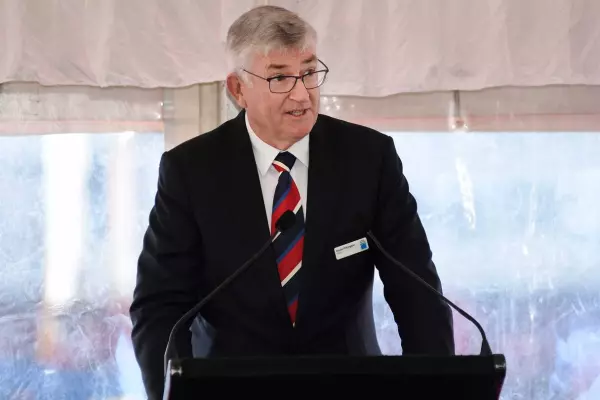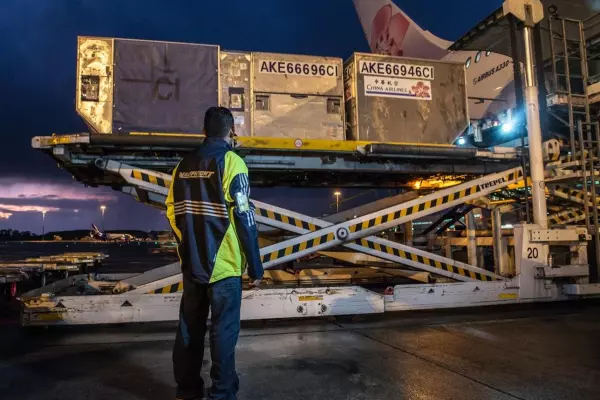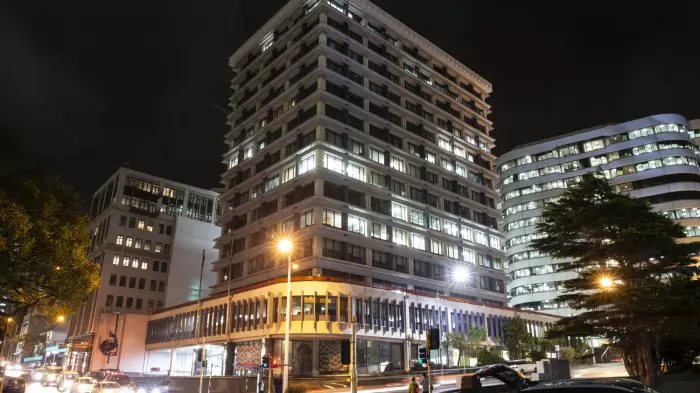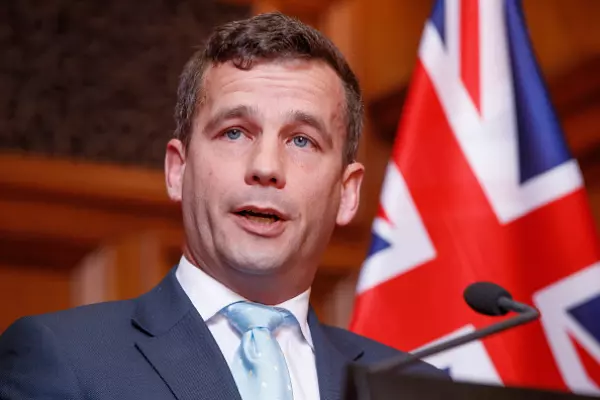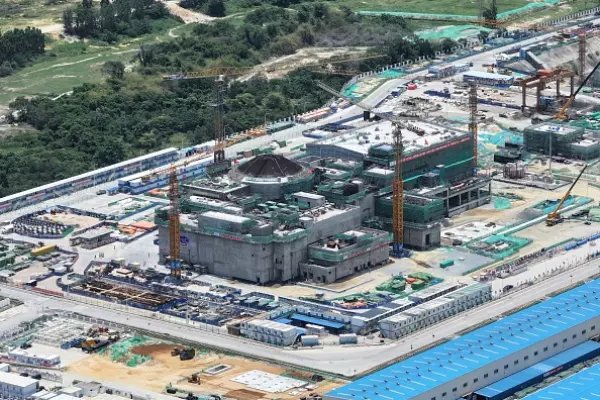Auckland appears to have dodged another lockdown with Ministry of Health officials linking the latest community covid-19 case to the Defence Force cluster discovered last week.
Minister for Covid-19 Response Chris Hipkins said Auckland and the rest of the country will stay at alert level 1 after genomic sequencing linked the latest case to the cluster, and has reopened the central business district in New Zealand’s biggest city.
“That direct link means the new case doesn’t point to an unknown border incursion that could be spreading and also means the risk of wider unseen spread is less likely, though we do want to increase testing over the weekend and coming weeks to give ourselves greater assurance of that,” Hipkins said.
Still, he urged Aucklanders to remain vigilant about basic hygiene, use the covid-19 tracer app, and get tested if they experience cold or flu symptoms, or visited any hotspots linked to the latest case.
On Monday, Cabinet will consider a recommendation from Hipkins and Prime Minister Jacinda Ardern to make masks mandatory on public transport in Auckland, and domestic flights nationwide under a public health order on an ongoing basis.
Gentle encouragement
Earlier today, Auckland Transport said it can only encourage people to wear masks on public transport at alert level 1, with the legal obligation kicking in at level 2.
AT said it has been supplying public transport operators and essential frontline staff with face coverings and hand sanitiser and is prepared to move to different alert levels rapidly.
Hipkins said he will be considering how to further strengthen the contact tracing system using the covid tracer app.
“That may include making it mandatory for people to scan into business or events, in certain circumstances, for example, at large gatherings, or at hospitality venues where social distancing isn’t possible,” he said.
Hipkins said he’ll take more advice to Cabinet on that in due course.
Be kind
He also stressed the importance of avoiding blaming people who’ve contracted the virus.
“Being in the eye of the storm can actually have a big impact on people’s concentration, and their ability to recall information at a time when we are relying on them on being able to do that,” Hipkins said.
“We need people to give them space so they can participate in the contact tracing process and give us all the information for us to be able to do our jobs.”


